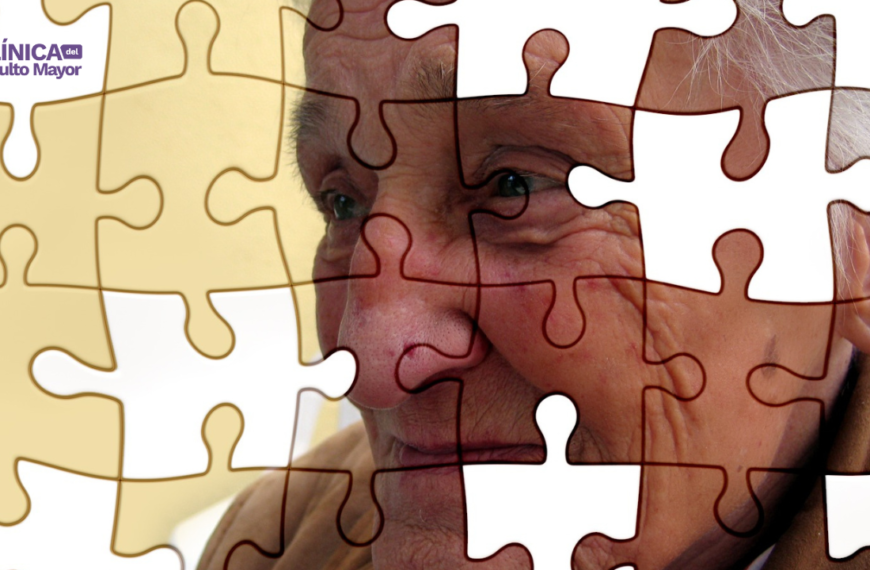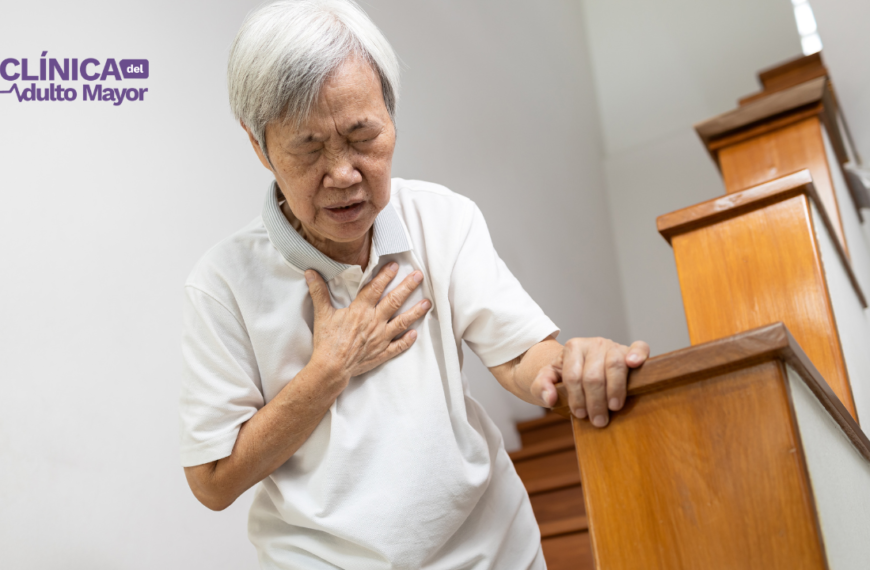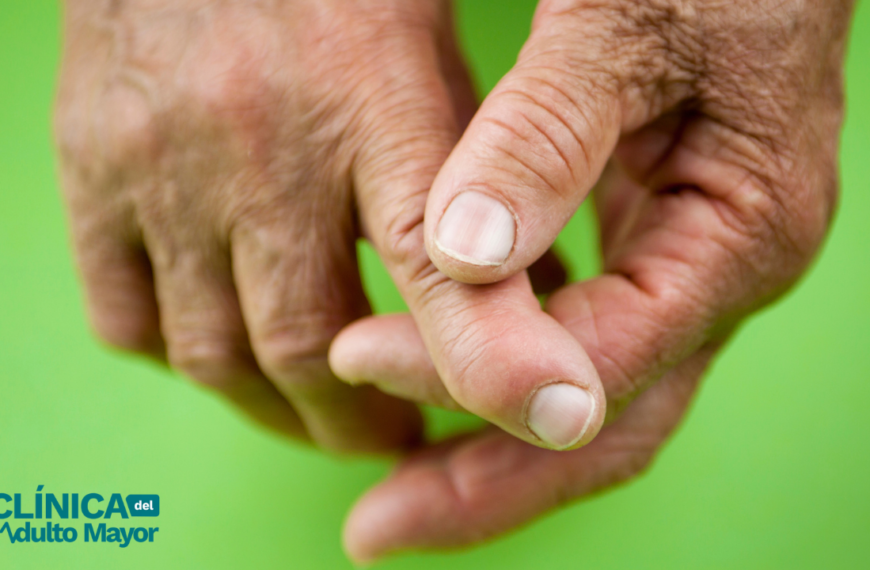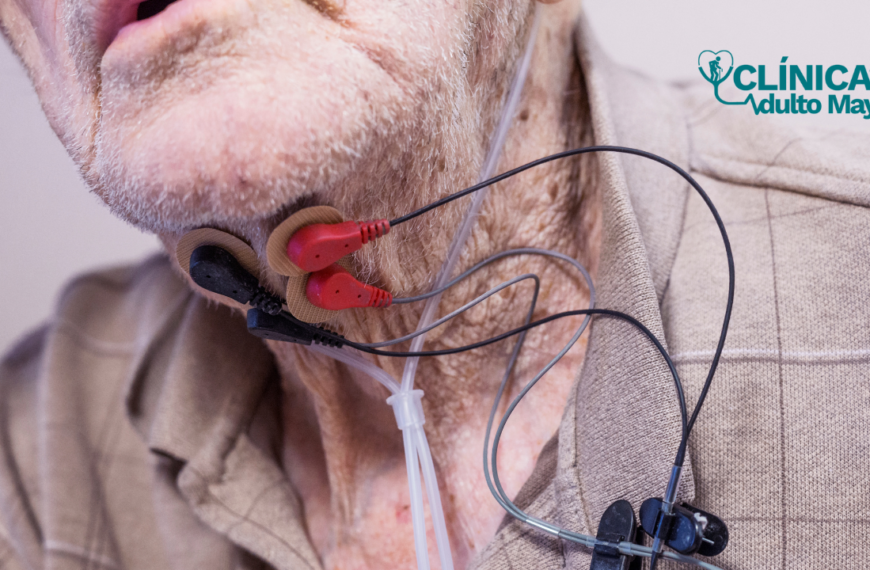Falls are a common issue among older adults and can have serious consequences in terms of
health and quality of life. However, many of these falls are preventable with the right measures.
In this article, we will explore the importance of preventing falls in older adults and provide essential information on how to maintain safety and independence at this stage of life.
It is crucial to understand the risk factors that increase the chances of falls in older adults, highlighting the physical changes associated with aging, such as loss of balance and muscle strength, as well as environmental and lifestyle factors that can contribute to falls. Therefore, awareness and education on fall prevention are of great importance.
Environment modification is a key strategy to prevent falls in older adults, adapting the home by removing obstacles, improving lighting, installing support bars and non-slip surfaces on floors and stairs, and keeping spaces tidy and free of objects that may cause tripping.
An active and healthy lifestyle plays a crucial role in preventing falls in older adults, maintaining good physical fitness through regular exercise, including activities to improve balance and muscle strength. Additionally, it is key to maintain a balanced diet and stay hydrated.
Assistive devices can play an important role in preventing falls in older adults, such as the proper use of canes, walkers, and other support devices. It is important to provide our older adults with proper instructions and training to use them correctly.
Regular medical check-ups and proper medication management are fundamental to preventing falls in older adults, as well as keeping up with medical consultations, undergoing vision and hearing exams, and reviewing the side effects of medications that can affect balance and stability.
In conclusion…
Preventing falls in older adults is crucial to maintain safety and independence in later life. With appropriate measures, such as environmental adaptation, an active and healthy lifestyle, proper use of assistive devices, and regular medical check-ups, it is possible to significantly reduce the risk of falls and promote an active and full life. Remember, prevention is key, and by taking the right measures, we can help older adults stay safe and enjoy optimal quality of life in their later years.
If you want personalized advice for the care of our older adults, do not hesitate to contact us. It will be a pleasure to help you.
In this article, we will explore the importance of preventing falls in older adults and provide essential information on how to maintain safety and independence at this stage of life.
What are the risks of falls in older adults?
It is crucial to understand the risk factors that increase the chances of falls in older adults, highlighting the physical changes associated with aging, such as loss of balance and muscle strength, as well as environmental and lifestyle factors that can contribute to falls. Therefore, awareness and education on fall prevention are of great importance.
Key strategies to prevent falls
Environment modification is a key strategy to prevent falls in older adults, adapting the home by removing obstacles, improving lighting, installing support bars and non-slip surfaces on floors and stairs, and keeping spaces tidy and free of objects that may cause tripping.
The importance of maintaining an active and healthy lifestyle
An active and healthy lifestyle plays a crucial role in preventing falls in older adults, maintaining good physical fitness through regular exercise, including activities to improve balance and muscle strength. Additionally, it is key to maintain a balanced diet and stay hydrated.
Assistive devices can play an important role in preventing falls in older adults, such as the proper use of canes, walkers, and other support devices. It is important to provide our older adults with proper instructions and training to use them correctly.
Regular medical check-ups and proper medication management are fundamental to preventing falls in older adults, as well as keeping up with medical consultations, undergoing vision and hearing exams, and reviewing the side effects of medications that can affect balance and stability.
In conclusion…
Preventing falls in older adults is crucial to maintain safety and independence in later life. With appropriate measures, such as environmental adaptation, an active and healthy lifestyle, proper use of assistive devices, and regular medical check-ups, it is possible to significantly reduce the risk of falls and promote an active and full life. Remember, prevention is key, and by taking the right measures, we can help older adults stay safe and enjoy optimal quality of life in their later years.
If you want personalized advice for the care of our older adults, do not hesitate to contact us. It will be a pleasure to help you.










